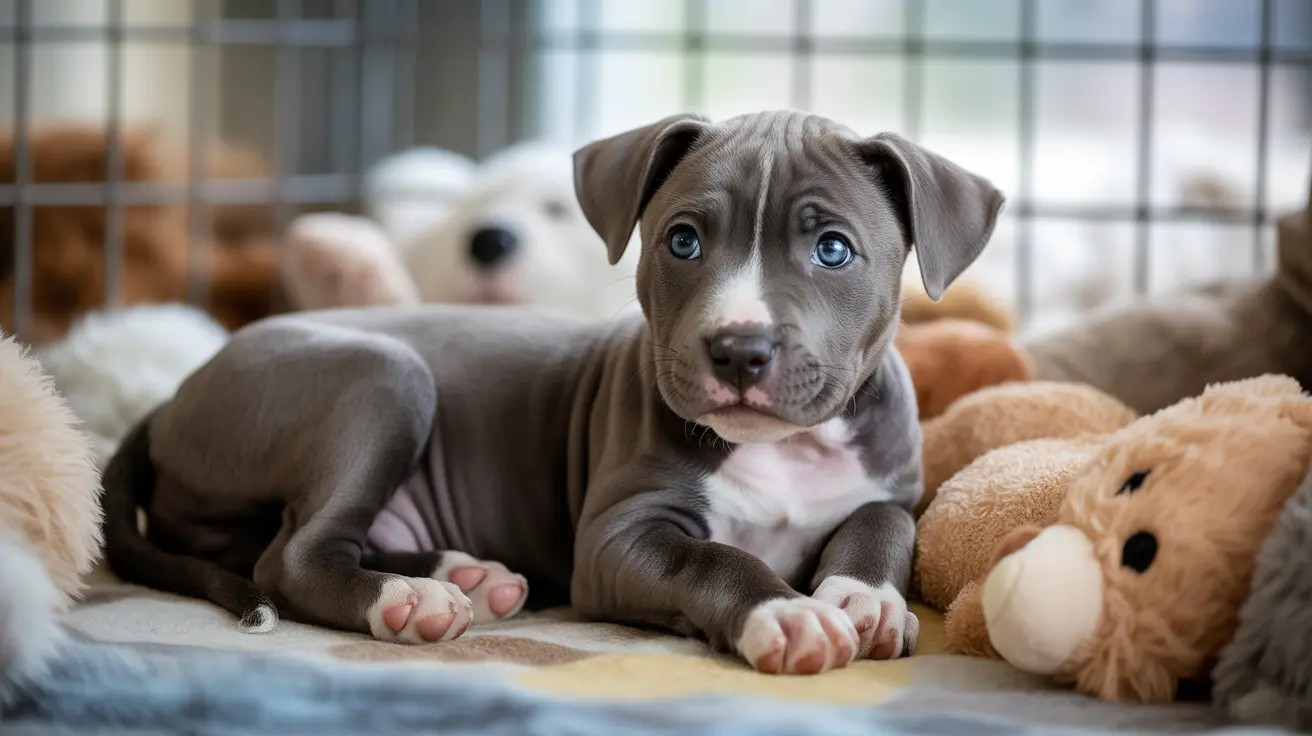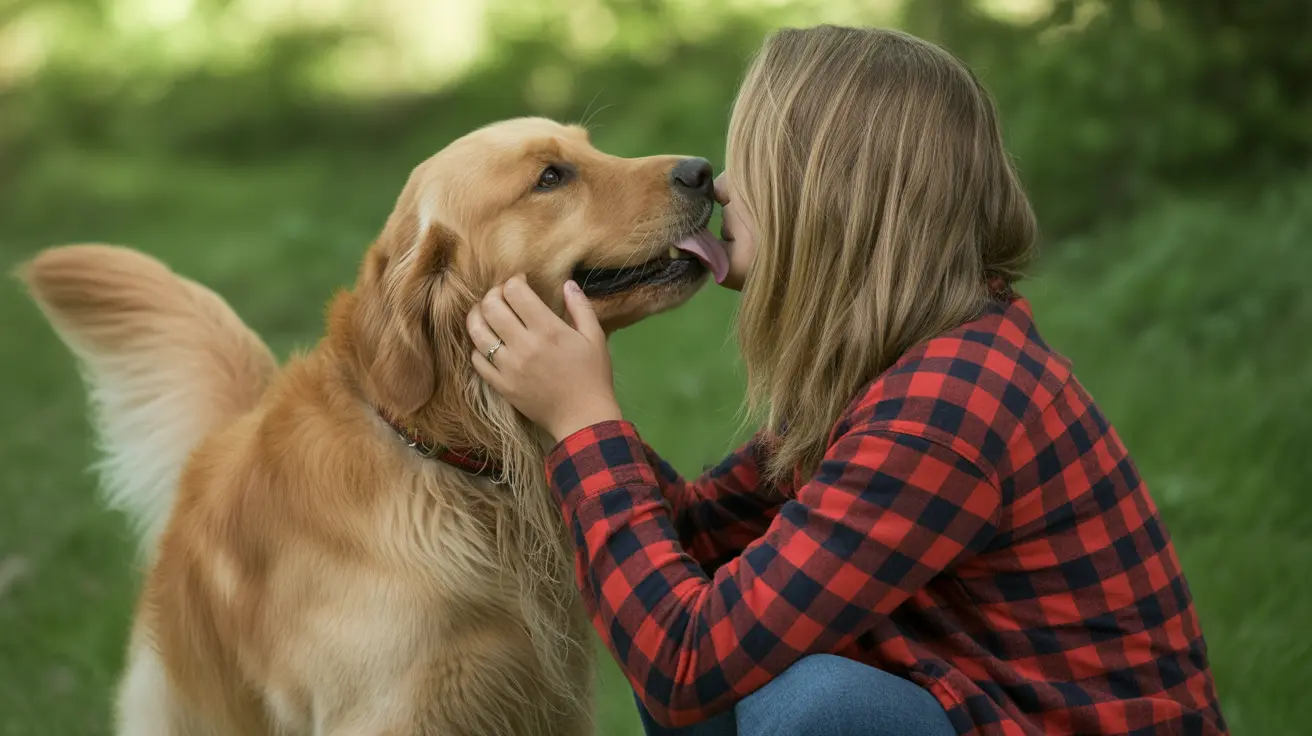How Cats Choose Their Favorite Person: Understanding Feline Affection
Felines are often perceived as independent and aloof, but beneath their mysterious demeanor lies a complex emotional world. Understanding how cats choose their favorite person allows pet owners to build a deeper connection with their furry companions. Unlike dogs, who often display openly affectionate behavior, cats can be more selective. This guide delves into the key factors that influence a cat's choice of favorite human and how to foster a strong and loving bond.
1. Consistent Positive Interaction
Cats form attachments through repeated, positive experiences. A person who consistently provides food, affection, and gentle interaction is likely to be viewed favorably by the cat. Trust is built over time through dependable care and attention.
- Feeding: Regularly feeding a cat can help establish trust and expectation.
- Routine: Cats thrive on routine, and people involved in their daily schedule become familiar and comforting.
2. Respect for Boundaries
Felines value personal space and autonomy. A person who reads feline body language and respects when a cat needs space will often be more accepted by the cat. Over-petting or forcing interaction can have the opposite effect.
- Cats appreciate non-intrusive companionship.
- Those who let cats come to them are more often favored.
3. Scent Associations
Cats have a powerful sense of smell, much stronger than humans. They identify people partially through scent. Cats may gravitate toward individuals whose scent comforts them or reminds them of safety.
- Wearing familiar clothes or maintaining a stable environment helps reinforce positive associations.
- Items carrying the human's scent can act as attachments.
4. Past Experiences and Socialization
A cat's early life plays a significant role in how it selects its favorite human. Cats well-socialized with humans during kittenhood are more likely to form strong bonds.
- Positive early interactions with people lead to affectionate adult cats.
- Past trauma may influence a cat to bond more cautiously.
5. Personality Compatibility
Much like people, cats have distinct personalities. Some are playful and energetic, while others are shy or reserved. A person's nature can either resonate with or repel a particular cat.
- Quiet, gentle individuals often connect well with timid cats.
- Active, engaging people may be more favored by younger or more energetic cats.
6. Voice and Body Language
Cats are perceptive creatures attuned to sound and movement. A soothing voice and calm body gestures are less likely to be perceived as threatening.
- Tone of voice matters—soft, friendly tones foster relaxation.
- Slow blinking is a gesture of trust—returning it can deepen connection.
7. Attention to Physical Contact
While some cats adore cuddling, others prefer less physical interaction. Recognizing and adapting to a cat’s comfort level reinforces safety and affection.
- Favorite people often know when and how their cat likes to be petted.
- Consistent, gentle physical contact builds positive reinforcement around touch.
8. Time Spent Together
The more time spent interacting with a cat, the deeper the bond. Cats learn routines and associate the presence of certain individuals with companionship and care.
- Regular playtime and grooming sessions strengthen bonds.
- Simply being around, even without direct interaction, provides comfort.
Signs Your Cat Has Chosen You
Ever wonder if you’re the chosen one? Cats show their preference in subtle and not-so-subtle ways. Look for these signs:
- Following you from room to room.
- Kneading on your lap or belongings.
- Purring when near you or during cuddles.
- Sleeping on or near you.
- Bringing “gifts” like toys or prey.
- Slow blinking at you as a sign of trust.
Conclusion
Choosing a favorite person is a unique and complex process for cats. It revolves around trust, safety, and emotional compatibility. By respecting their individuality, providing care, and observing their cues, anyone can earn a special place in a cat’s heart. It takes patience, but once the bond forms, it can be deeply rewarding and lifelong.





